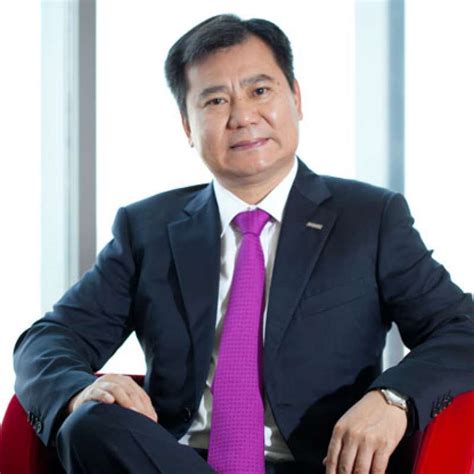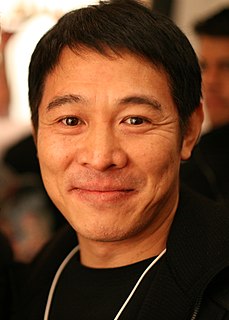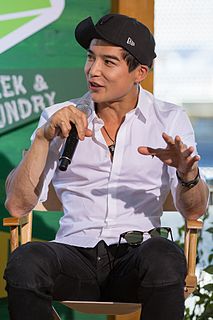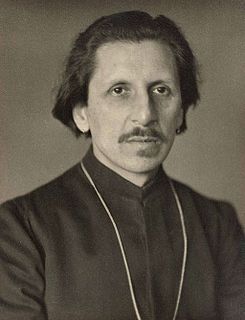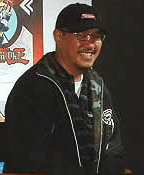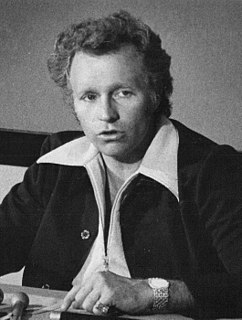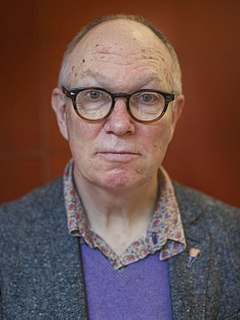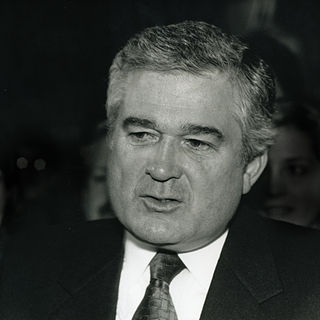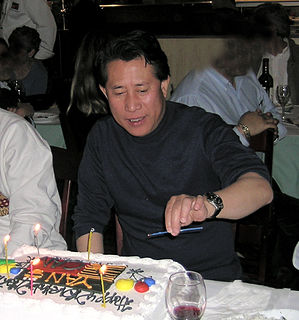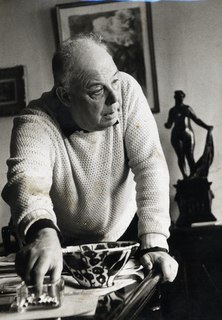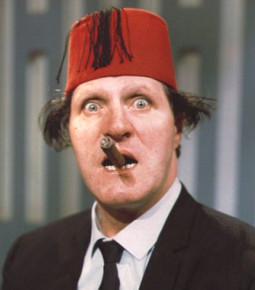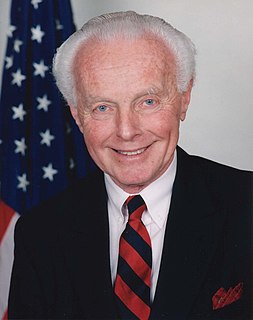Top 1200 Chinese Art Quotes & Sayings - Page 3
Explore popular Chinese Art quotes.
Last updated on December 18, 2024.
What makes art Christian art? Is it simply Christian artists painting biblical subjects like Jeremiah? Or, by attaching a halo, does that suddenly make something Christian art? Must the artist’s subject be religious to be Christian? I don’t think so. There is a certain sense in which art is its own justification. If art is good art, if it is true art, if it is beautiful art, then it is bearing witness to the Author of the good, the true, and the beautiful
One thing we haven't mentioned is something everyone should understand very clearly. Look at the budget that was invested in 'Avatar': who in China has that kind of money to spend on making a movie? So we as Chinese filmmakers should work together to make Chinese movies that can compete as best we can for Chinese audiences, not make lousy movies, but make the best we can for that audience. Concentrate the money, the talent we have on making good movies [for China].
On the mission I brought a flag from China, I brought the stone sculpture from Hong Kong, and I brought a scroll from Taiwan. And what I wanted to do is, because as I was going up and I am this Chinese-American, I wanted to represent Chinese people from the major population centers around the world where there are a lot of Chinese people. And so, I wanted to bring something from each of those places and so it really wasn't a political thing and I hope people saw it that way. I was born here, I was raised in the U.S., and I'm an American first, but also very proud of my heritage.
Fine art, that exists for itself alone, is art in a final state of impotence. If nobody, including the artist, acknowledges art as a means of knowing the world, then art is relegated to a kind of rumpus room of the mind and the irresponsibility of the artist and the irrelevance of art to actual living becomes part and parcel of the practice of art.
Has it led you to the conclusion that photography is an art ? Or it is simply a means of recording ? "I'm glad you asked that. I've been wanting to say this for years. Is cooking an art ? Is talking an art ? Is even painting an art ? It is artfulness that makes art, not the medium itself. Of course photography is an art - when it is in the hands of artists."
I'm conscious of the fact that I'm sort of a bridging figure. I have my Chinese literary heritage and cultural background, so I'm comfortable with these things, but at the same time, I have to navigate the Anglo-American tradition, which has a self-centred view of what Asia and what being Chinese means.
To the question, ‘Is the cinema an art?’ my answer is, ‘what does it matter?’... You can make films or you can cultivate a garden. Both have as much claim to being called an art as a poem by Verlaine or a painting by Delacroix… Art is ‘making.’ The art of poetry is the art of making poetry. The art of love is the art of making love... My father never talked to me about art. He could not bear the word.
